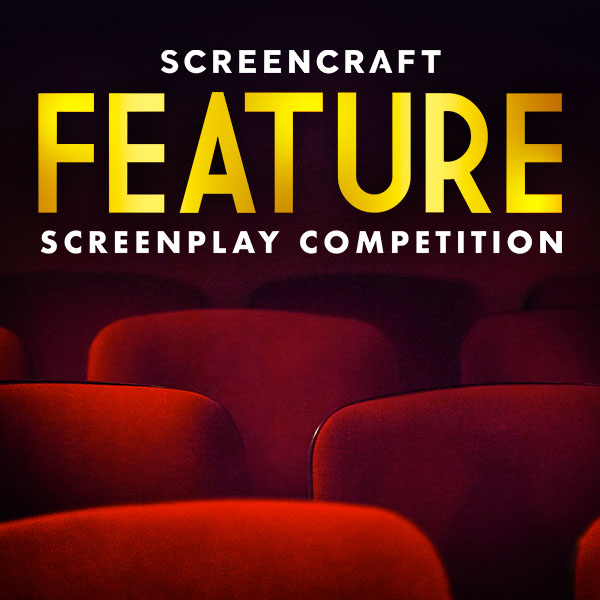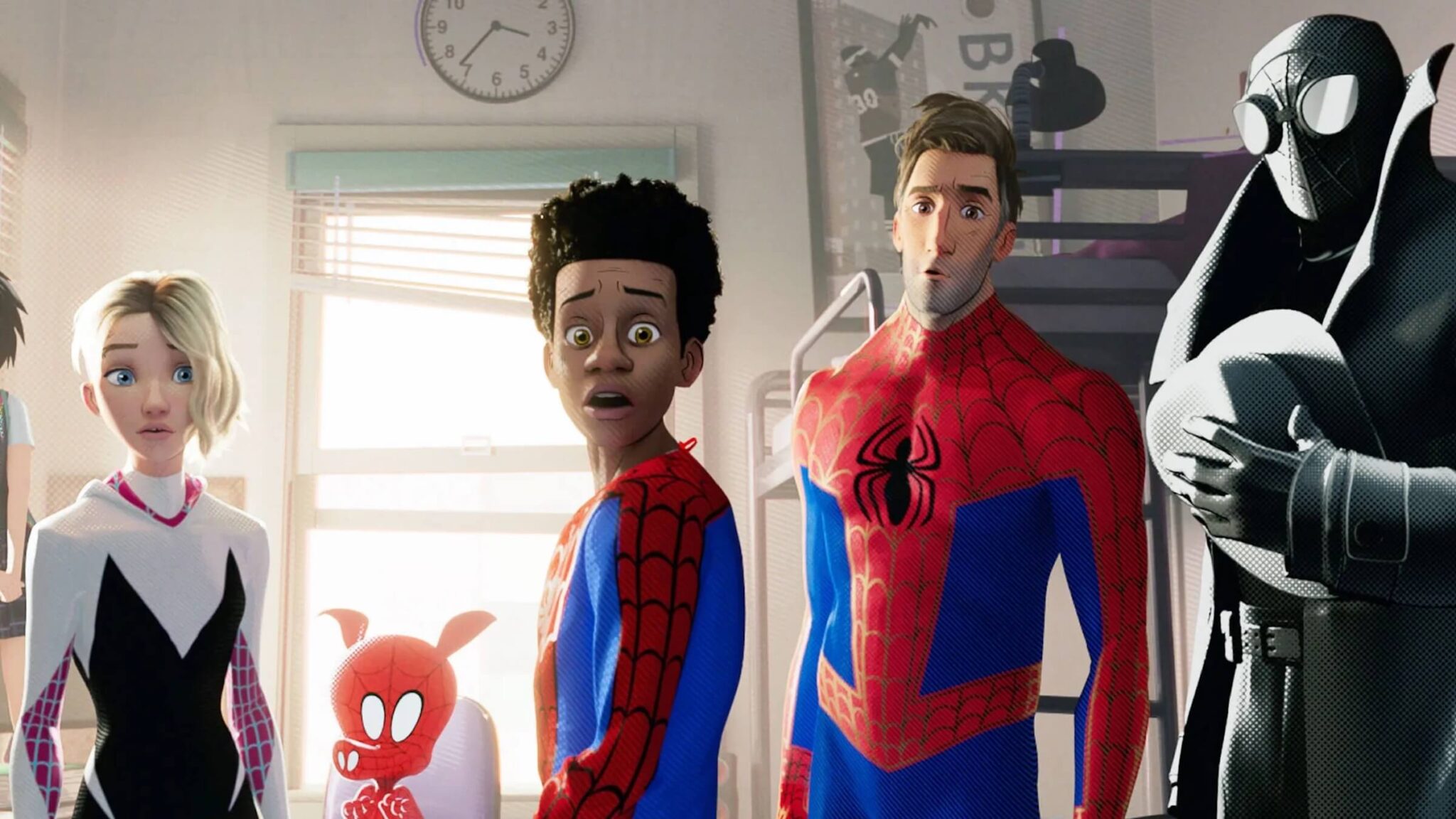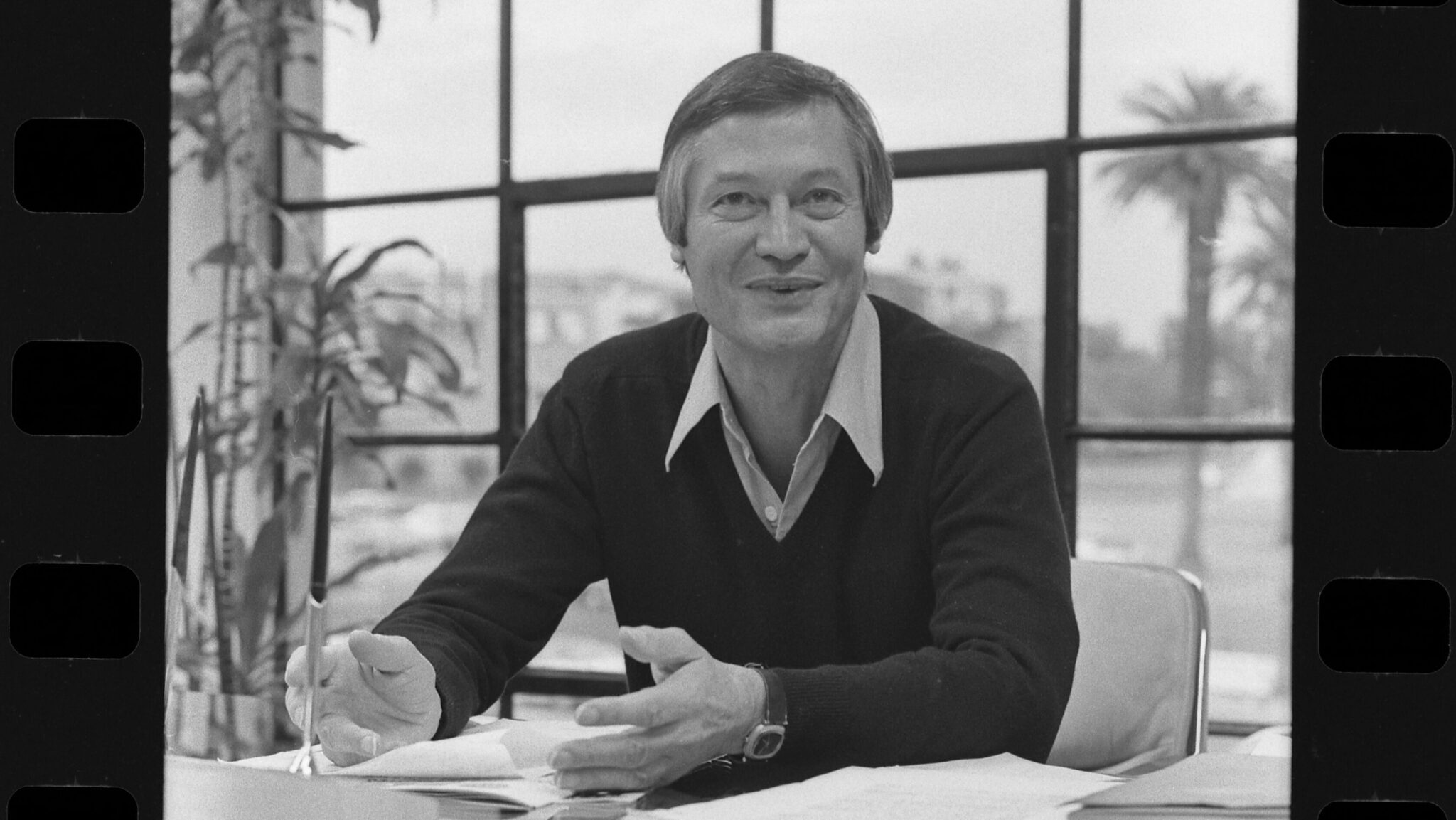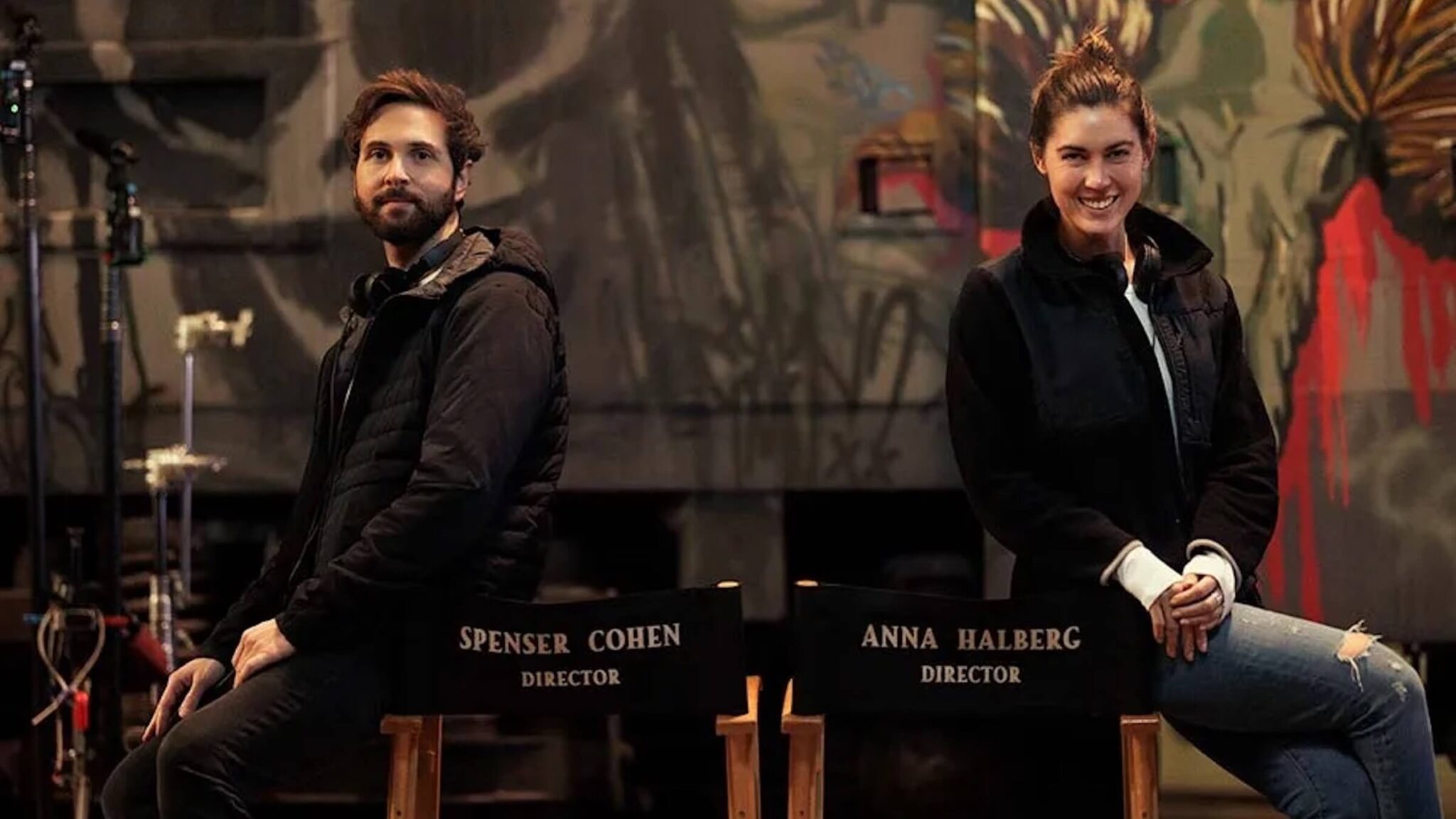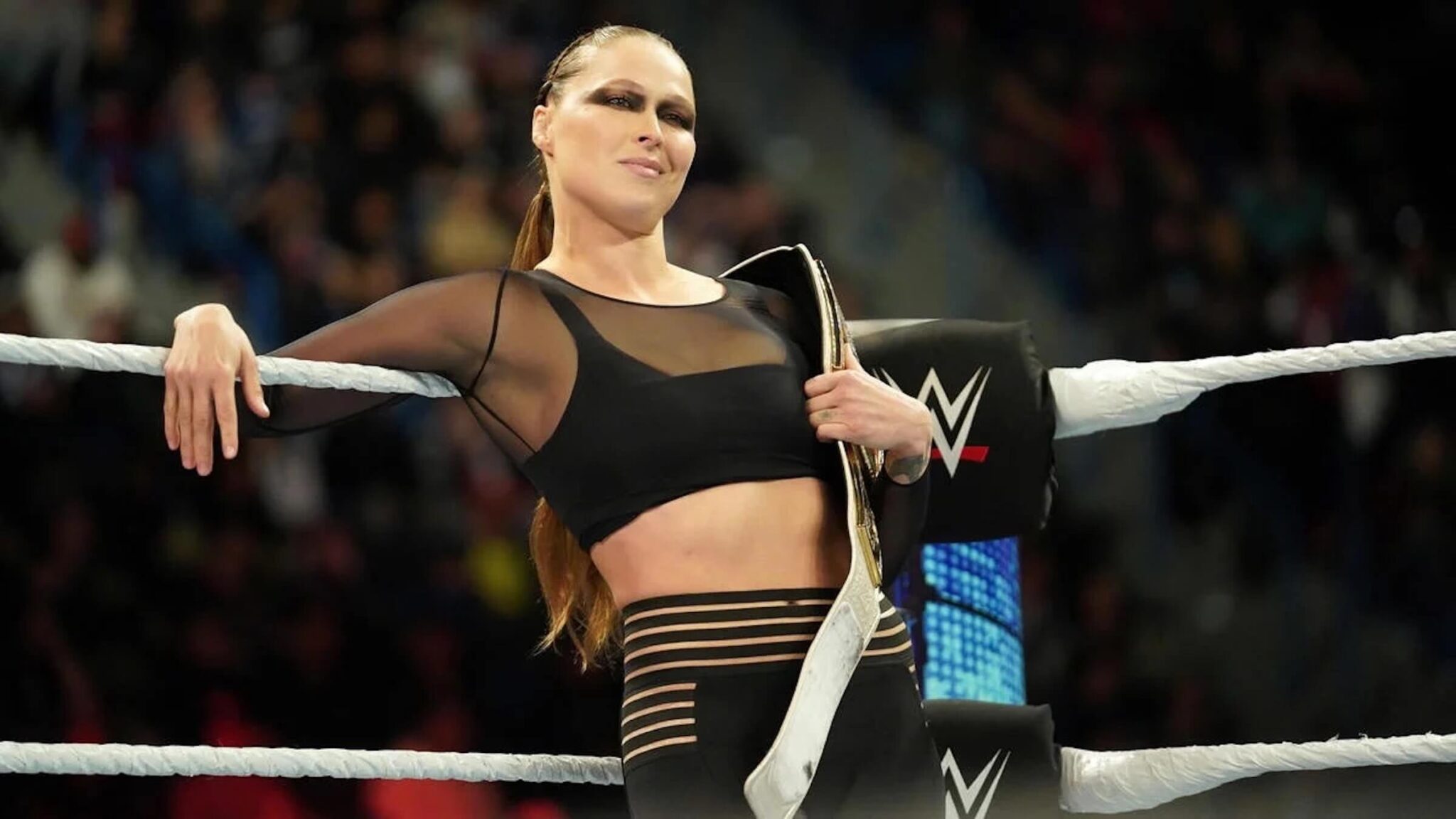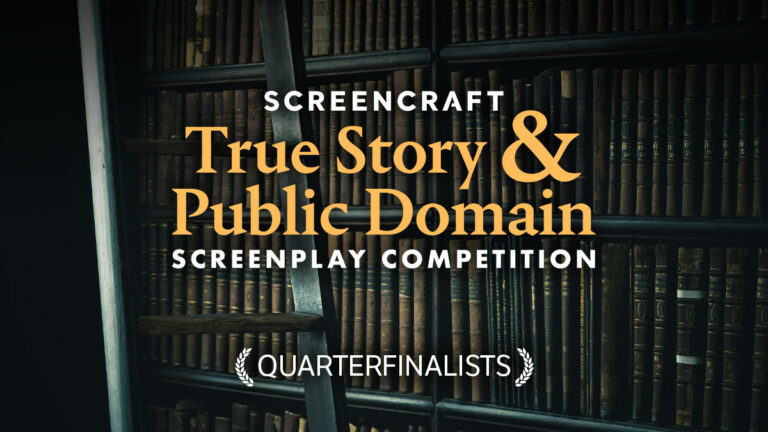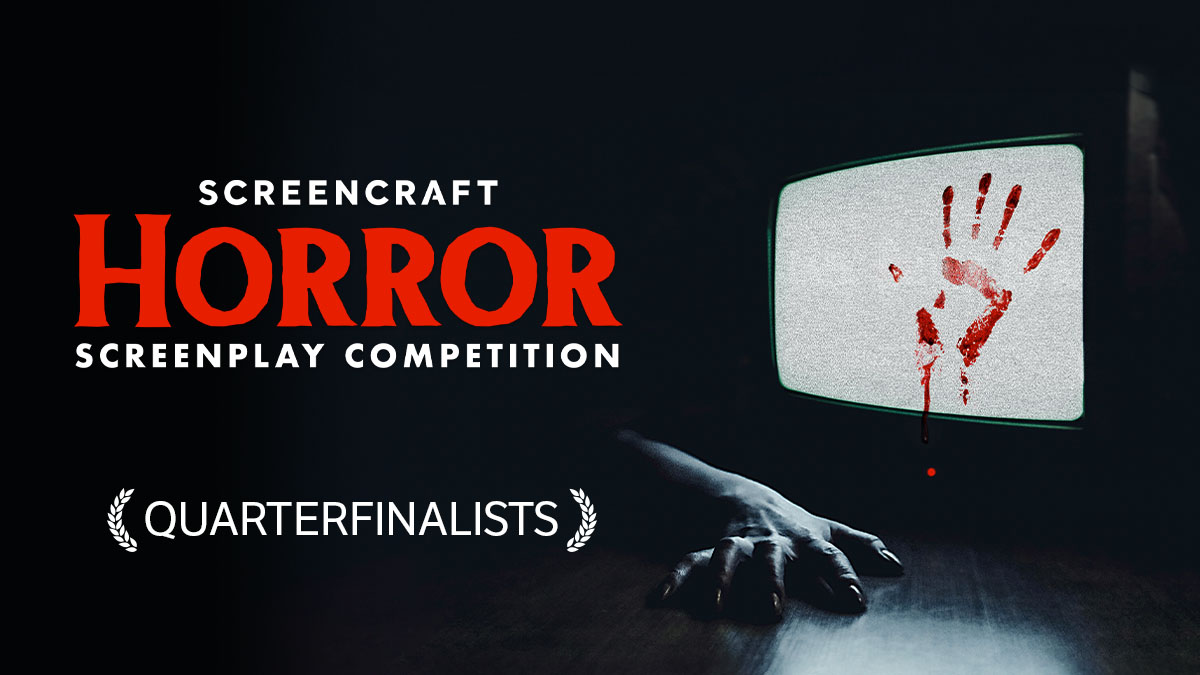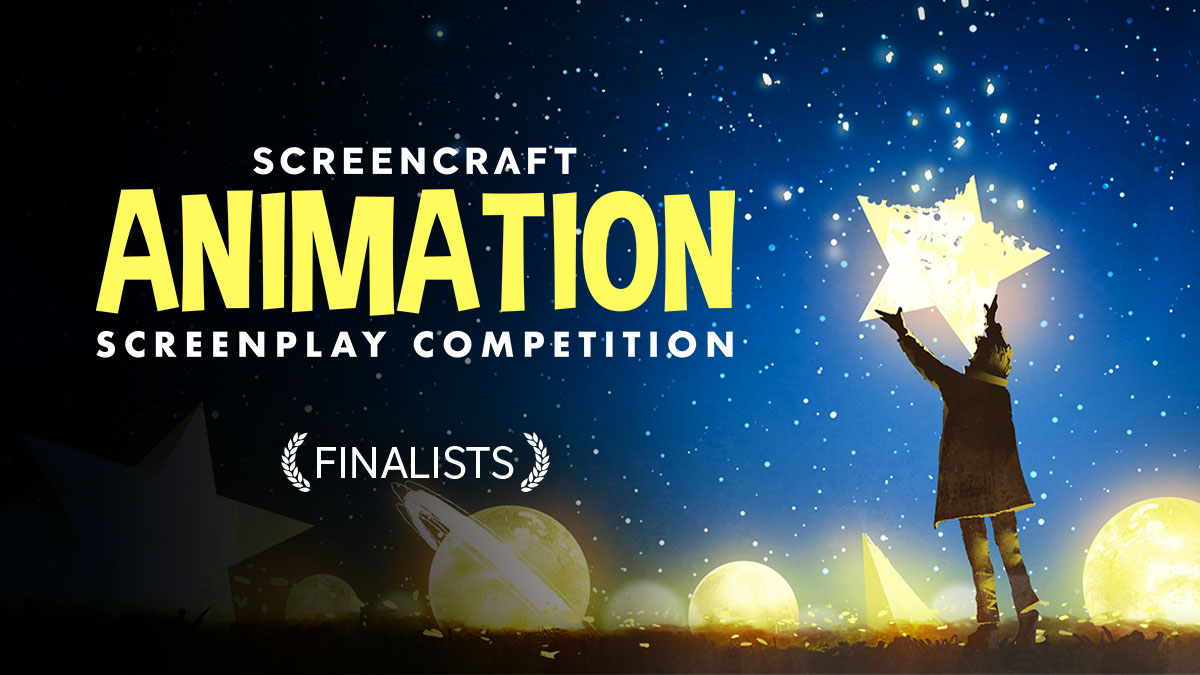
Entering a screenwriting competition can feel like taking a shot in the dark. Filmmaker Kaylon Hunt is here to shed some light.
Raise your hand if this is you: You spend months crafting a screenplay, staying up late, waking up early, whisking those fingers over your keyboard like a souped up writing machine, and once it's done, you decide to enter your work into a screenwriting contest. The problem is that you're not quite sure how it's going to be received by the judges. In fact, you really have no idea what they're looking for other than "a good screenplay," which, let's be real, is an entirely subjective standard and difficult to prepare for.
Now that everyone's hands are raised, let's all agree that, yeah, entering these contests can feel like a bit of a gamble, so we wanted to ask someone on the other side of the submit button about what screenwriters can expect.
We asked Kaylon Hunt, Vice President of Development and Production at Viola Davis’ JuVee Productions and True Story & Public Domain Competition judge, what he looks for in screenplays, common mistakes he sees beginners make, as well as what writers can do to increase their chances of winning.
---
ScreenCraft: As a producer and creative, what do you look for in screenplays?
Kaylon Hunt: I look for authenticity, originality, and heart. I try to keep simplicity in mind when I read material too. Does the story track and are the character arcs clear? Yes it can be a big story, but if it’s too complicated and not anchored in character, you might lose me. Another thing I gauge is if the writer’s voice is shining through, in the sense that there’s a personal connection to the story and they’re not just trying to emulate something.
SC: As a judge for the True Story & Public Domain Competition, what excites you most about the “inspired by” or “based on a true story” stories?
KH: They’re a great opportunity to bring to light societal issues and how they affect real, everyday, often unheard people – either through character study, theme, or a combination of both. They also allow us to reflect more directly on our own parts within these systems, whether it relates to economic disparity, or social or domestic injustice. Other genres can do this too, of course, but real stories add another layer of empathy and insight into another’s experience that isn’t sensationalized.
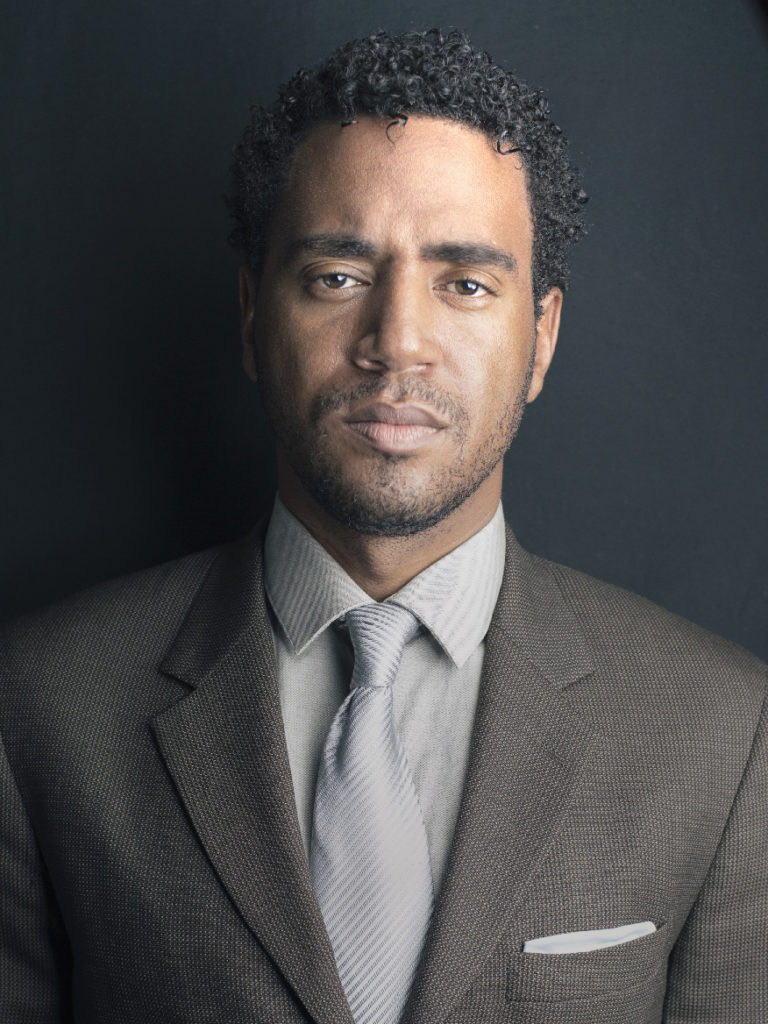
Kaylon Hunt (Photo by Asim Bharwani)
SC: What are some of the most common beginner mistakes that keep a script from winning a competition?
KH: I think peer review is so important. Getting other eyes on your script before submitting can help you address any glaring issues that would hinder a reader from understanding the writer’s intent or vision on the page.
SC: With many Oscar nominations being true stories and adaptations, do you have any tips for writers who want to bring a story from the public domain to life on screen?
KH: I’d say find a way into the story that’s unique to you and your experiences. Have a point of view and don’t be afraid to make bold choices.
SC: There are plenty of mistakes a screenwriter can make that reduce their chances of winning a competition... but great scripts lose, too. What are some things that writers can’t control but should be aware of when competing?
KH: You can’t control how other people read your material or how they might filter their opinion through their own preferences and experiences. The outcome doesn’t always correlate to the quality of the writing or talent of the writer.
SC: How big of a role do trends play in the success of a script? Should screenwriters stay on top of them?
KH: Yes, trends can have a role in how scripts circulate or how often they might get read -- for instance, if a studio, producer, or actor is looking for a particular kind of project. My opinion is that “trends” can be hard to chase. So, if anything, I always recommend writers write what they are passionate about. If a trend intersects with your personal interests, then go for it. Like I said in a prior question, find a way into it that is personal to you.
SC: There are plenty of great screenwriters out there who enter contests and consistently place in the semifinals or even the finals but haven’t won yet. What advice would you give to help them make it over that final hurdle?
KH: Keep writing! Your craft will improve, your network and community will grow, and opportunities will increase. While it is a competition, there’s also value in the experience of entering and seeing how your material resonates, especially if it places in the finals and semifinals. Your name gets out there and more people become familiar with your work. Apply every year if you want. But don’t let not winning stop you.
Inspired to write a true story and enter it into a competition? The final deadline for the True Story & Public Domain Screenplay Competition is March 31st!
Get Our Screenwriting Newsletter!
Get weekly writing inspiration delivered to your inbox - including industry news, popular articles, and more!



